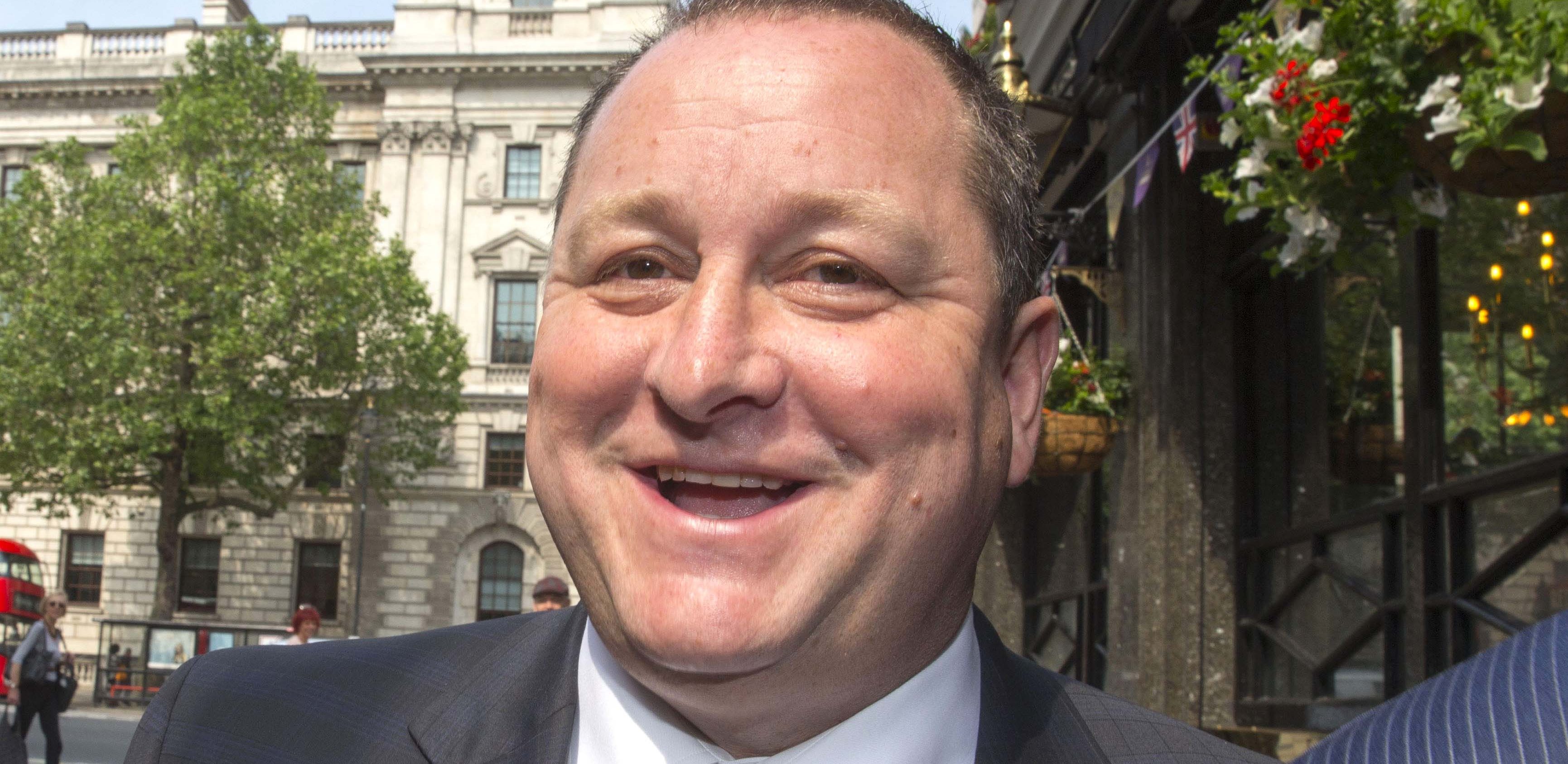â€Address gross injustice’ call
An agency supplying labour to Sports Direct’s warehouse in Derbyshire has yet to honour a deal it made to award back pay to workers who were illegally underpaid the minimum wage.
The continued refusal of the agency Transline to honour its agreements was brought to light today (March 28) at a business, energy and industrial strategy (BEIS) committee meeting, at which Unite assistant general secretary Steve Turner gave evidence.
The deal came after a campaign by Unite in 2015, which found that two agencies, Transline and Best Connection, as well as Sports Direct, were underpaying their workers.
Driving this illegal underpayment was a policy at the Sports Direct warehouse which forced workers to undergo invasive searches at the end of their shifts – time for which they were not paid.
Sports Direct and the two agencies last year struck a deal with Unite and HMRC to award roughly ÂŁ1m in back pay to 200 directly employed workers and 3,000 agency staff. Some workers were owed as much as ÂŁ1,000 each.
Turner explained at the BEIS hearing today that Transline “have refused to pay the back payment for the non-payment of national minimum wage for the period of employment that employees had before Transline took over the contract.
“So they are refusing to honour the transfer of undertakings regulations [commonly referred to as TUPE].”
A huge issue
“This is a huge issue,” he told MPs. “This is hundreds and hundreds of pounds for thousands of workers, where Best Connection, the other agency, has honoured the agreement and paid in full. Sports Direct has paid in full. But one agency, Transline, has decided it’s not going to do that.”
Turner singling out the agency Transline was part of a wider BEIS committee debate about the “future world of work”.
The Unite AGS joined GMB general secretary Tim Roache, business experts, researchers and others who highlighted the problems with agency work, as unscrupulous agencies grow untrammelled and largely unregulated in what Turner called an “underground economy”.
Turner noted that agency and other insecure forms of work “often has huge implications for a person’s social life, with employers having complete power and control, and workers not knowing if they have work tomorrow let alone next week.”
â€Dodgy’
Chief executive of the Association of Labour Providers, David Camp, said that in his experience, agencies fell into various categories – some were exemplary; others seek only to be compliant with the law; others were what he called “dodgy” in that they actively sought to minimise costs by, for example, underpaying holiday pay; while still others were unabashedly criminal.
Turner agreed with Camp’s assessment, noting that those agencies who were responsible formed a small proportion of all agencies and he highlighted that these exemplary agencies were almost all heavily unionised.
He went on to say that agency work is becoming the norm in almost every sector imaginable, from construction to retail to food and agriculture, manufacturing and more.
The agency employment model, he noted, is one “of choice” in which “employers no longer see employees as core part of their business anymore” and so treat them with little if any regard.
Adrian Gregory, the director of London-based recruitment agency Extraman and a campaigner against abuses within the industry, echoed Turner’s evidence in a written submission shared with the BEIS committee.
“Having spent 30 years in the business, I would … suggest that my particular part of the recruitment industry, that dealing with unskilled industrial staff, currently operates with little regard for the law and none whatever for any ethical considerations,” he said.
â€Pernicious cocktail’
“A pernicious cocktail of inadequate, impractical and muddled legislation combined with a complete disregard for the rights and welfare of the very people, the temporary staff, who earn agencies their money has led to mass exploitation coupled with huge tax avoidance,” Gregory added.
When asked by the committee what Unite was doing to organise more agency workers, Turner highlighted the successful strategies the union has used in organising workers at the Sports Direct warehouse.
Because so many these workers, who are mostly migrants who speak little English, are fearful that approaching trade unions in work will risk their jobs, Unite has instead organised in people’s front rooms, in church halls, in villages, and as people take the bus to and from work.
But Turner told MPs that their work with exploited staff at Sports Direct “is not just about growing our trade union movement.
“This was about dealing with obscene injustice in the workplace,” he said. “And that’s a bigger responsibility we have as a trade union movement – and you as parliamentarians as well – to address gross injustice, unfairness and abuse.”
You can watch the full BEIS committee hearing here.
 Like
Like Follow
Follow


